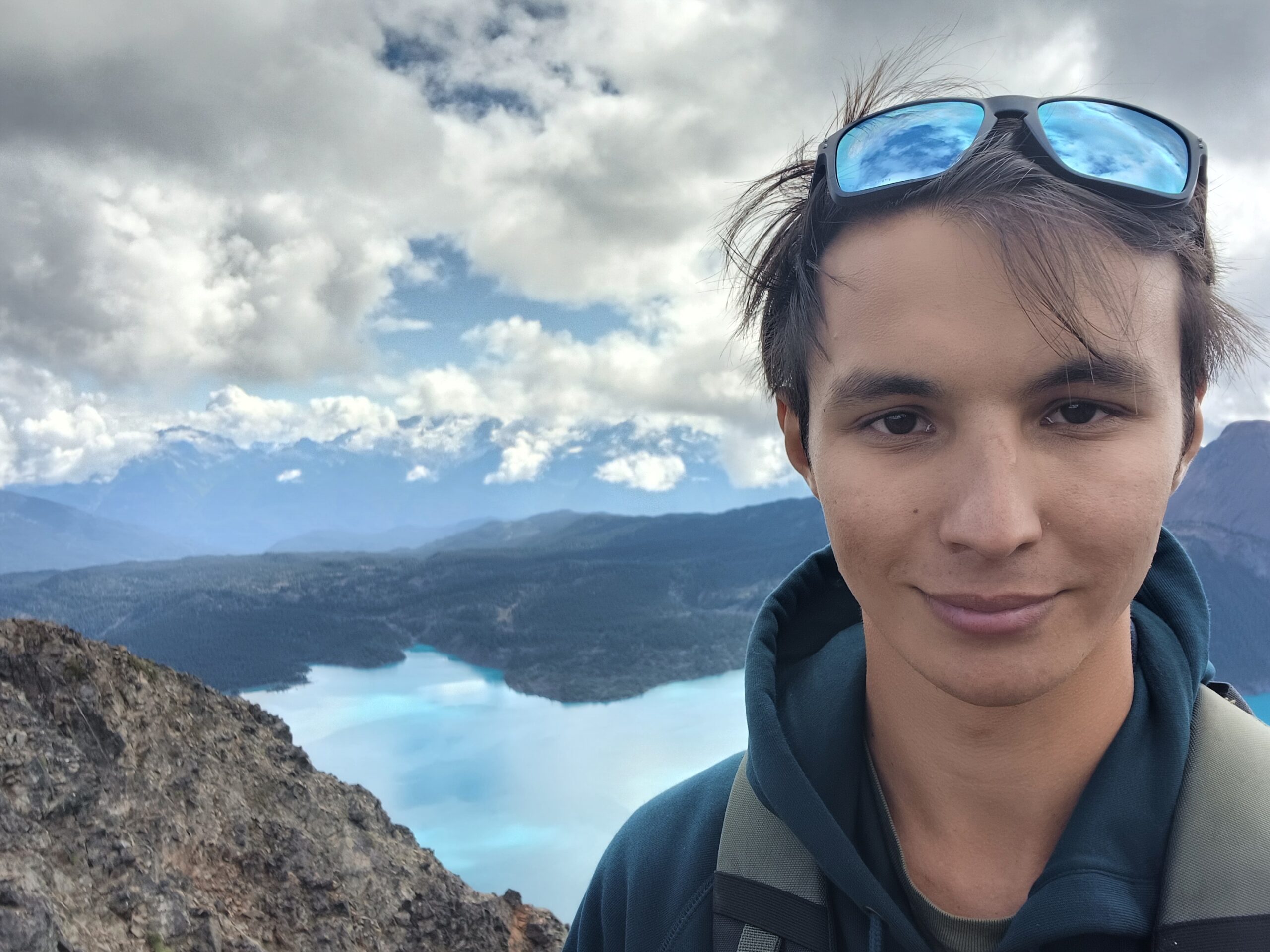From September to December 2024, Thibaut Pellet, a PSIA student in Environmental Policy, had the opportunity to study at the University of British Columbia (UBC) as part of his third, off-campus semester. Supported by the CARE Mobility Fellowship, this enriching experience allowed Thibaut to focus on his academic pursuits while exploring new dimensions of environmental policy in one of Canada’s most dynamic academic environments.
Thibaut gained valuable knowledge and practical skills aligned with CARE’s core themes, including climate action and energy transitions. Immersed in the diverse cultural and academic landscape of Vancouver, he also deepened his understanding of environmental justice, particularly in relation to Indigenous perspectives and decision-making processes in British Columbia—an experience that left a lasting impression and highlighted the importance of Franco-Canadian collaboration in tackling global climate challenges.

- Can you tell us about the experience you had with the CARE Mobility Fellowship?
From September to December 2024, as part of my third, off-campus semester in PSIA’s Master in Environmental Policy, I decided to go on exchange to the University of British Columbia through the partnership between PSIA and the UBC School of Public Policy and Global Affairs. The CARE Mobility Fellowship granted me resources which, especially with the high cost of living in Vancouver, allowed me to focus on my studies, exploring new topics in a new environment and developing new knowledge and skills. This included taking courses on public policy relating to environmental security and resource governance, environmental human rights, and energy systems, as well as taking part in the CARE case competition in November with the UBC team. I was also able to expand my scientific and practical knowledge of environmental issues by following classes in UBC’s Forestry and Ocean science programmes.
- How does your work or research during the fellowship align with CARE’s core themes, such as climate action, energy transitions, or public policy?
As such, most of the topics I worked on covered one aspect or the other of CARE’s core themes. In all these areas, I was able to gain invaluable experience from a wide range of professionals and academics on how to craft public policy to support climate action and the energy transition. Much of the coursework was oriented around the practical aspects of policymaking, exploring the actual institutional processes and constraints that go into the elaboration and implementation of public policy.
I think what was by far the most impactful was learning about environmental justice issues, especially through the lens of the issues related to indigenous people and cultures. British Columbia is indeed home to a great diversity of First Nations. Including them as stakeholders and decisionmakers is a major consideration in making public policy in the province, and has often led to fairer and more successful outcomes in addressing environmental issues and responding to the climate crisis.
- What role do you think Franco-Canadian collaboration plays in advancing shared goals, particularly in areas like climate policy and sustainable development?
Looking back on this experience, I can say that learning about climate issues and policy in Canada with a new perspective to first learn about local issues and reconsider global ones was very enriching. The difference in contexts and approaches makes Franco-Canadian collaboration a very valuable principle to develop complementary and more effective tools to address climate change, protect the environment and transform our societies. I think that this relationship becomes much more crucial as we continue to pursue our common objectives in spite of the US once again pulling out of the Paris agreement and setting barriers to global climate action.